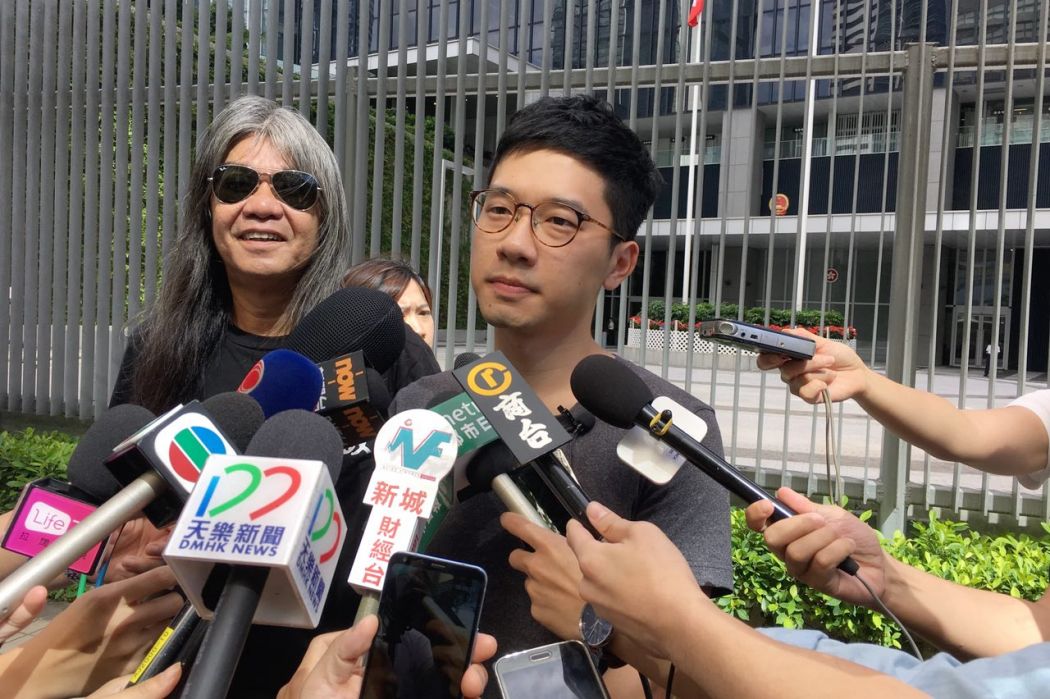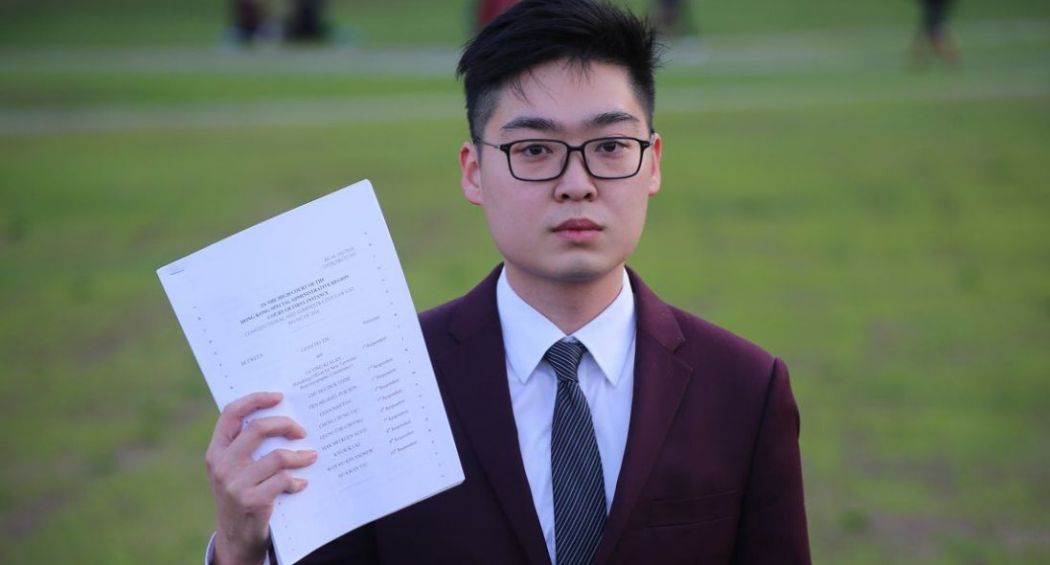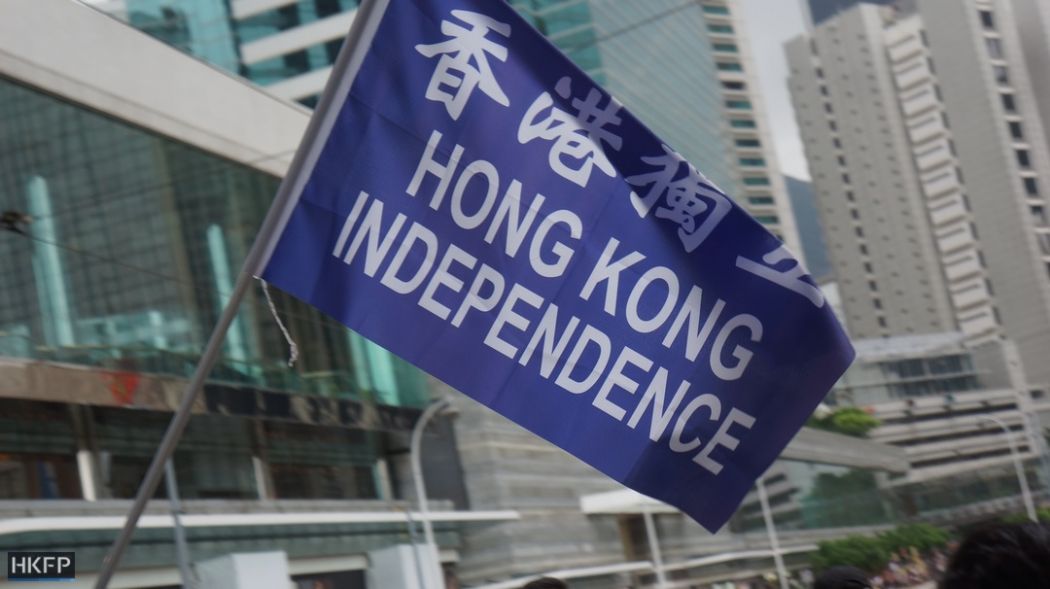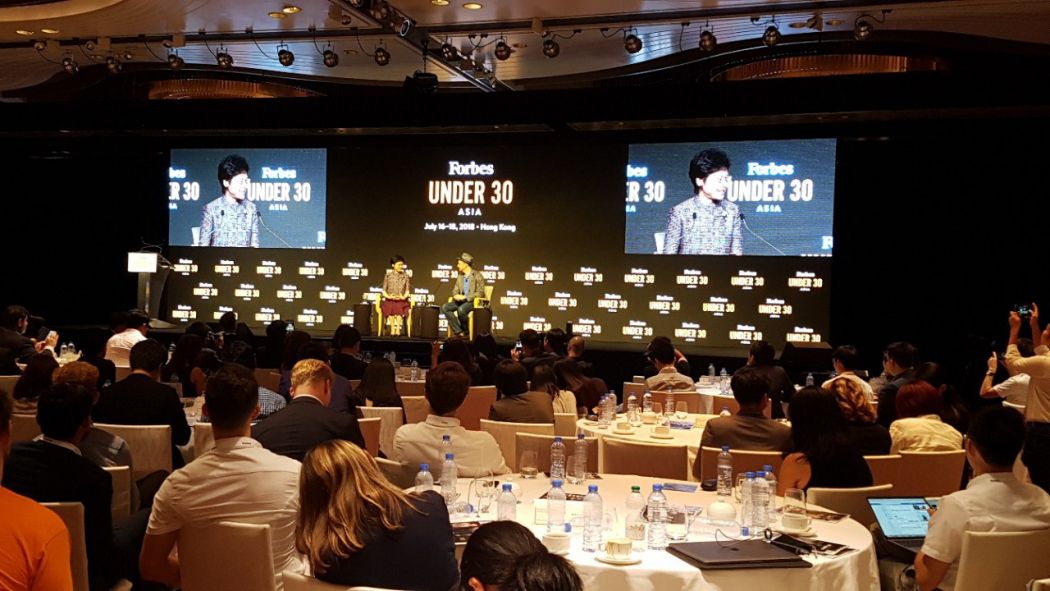Former lawmaker Nathan Law has said that the government’s new move to potentially ban the pro-independence Hong Kong National Party (HKNP) symbolises a new round of political suppression, with a threat of legal consequences.
Secretary for Security John Lee said on Tuesday that, if HKNP is banned after his decision is made, any person who is or acts as a member of an unlawful society, attends one of their meetings or gives them money, could be subjected to a HK$50,000 fine and two years behind bars.
Law, of the pro-democracy party Demosisto, said the government had moved on from passive suppression – such as rejecting society registration or barring activists from running in elections – to more active suppression.

“There is no more need for Article 23 [national security law legislation]. Criminal laws can be used to target your speech or political views,” he said.
The government said the assistant societies officer – an unidentified police officer – made the recommendation to ban the group on the grounds of national security.
But Law said the definition of national security was vague: “The so-called harm to national security or violation to the Basic Law were only excuses to suppress dissent.”
His colleague, Demosisto’s Agnes Chow, was barred from joining the March legislative by-election because of the political views of her party, which supports self-determination for Hong Kong people.
Law said that – like HKNP – Demosisto had never filed a society application. The company registrations for both parties were rejected.
“I believe we will face more suppression in the future,” Law said.

Former lawmaker “Long Hair” Leung Kwok-hung said it was “completely wrong” for the government to view people exercising their political rights as criminals.
He said that, during the discussion for the legislation of national security law in 2003, democrats proposed including the Johannesburg Principles. The principles were not included in the Societies Ordinance.
The principles state that expression may be punished as a threat to national security only if a government can demonstrate that the expression is intended and likely to incite imminent violence; and that there is a direct and immediate connection between the expression and the likelihood or occurrence of such violence.

Leung said HKNP only tried to participate in elections, host rallies, and make speeches.
“This is a big step going backwards,” Leung said. “I hope the Hong Kong legal sector will speak out. This is a very serious issue.”
“The right of [HKNP convener] Andy Chan enjoyed under the International Covenant on Civil and Political Rights cannot be stripped by any means,” he added.
Leung also said that he believed the new move by the government was intended to shift the focus from the recent railway scandals.
‘Red line’
Chief Executive Carrie Lam defended the move when challenged at a Forbes event on Tuesday afternoon.

“It is ‘One Country, Two Systems.’ But, of course, ‘One Country’ does mean you have to respect national sovereignty and national interests and so on. So, if this red line or bottom line is being breached, then the Hong Kong SAR government and myself as the chief executive, we have to make it very clear that that is not to be tolerated,” she said.
Lam left the event without answering reporters’ questions.
